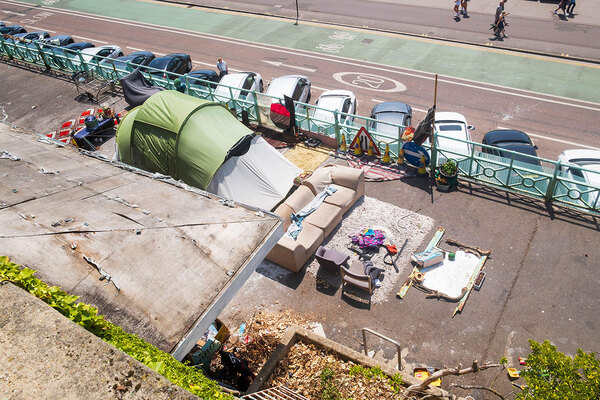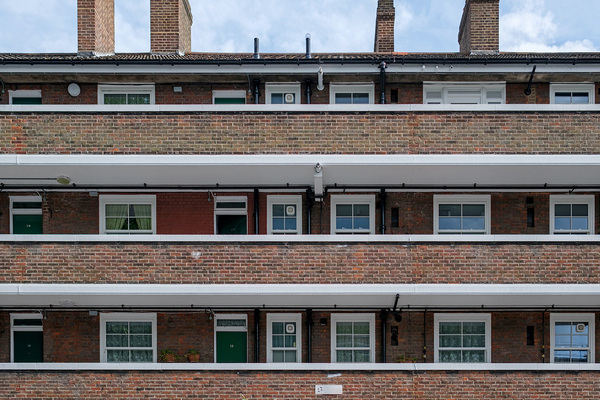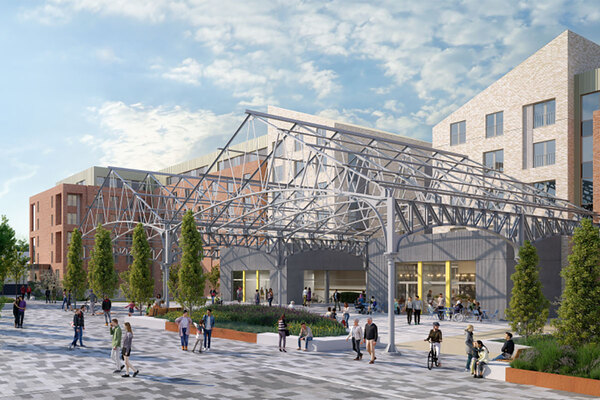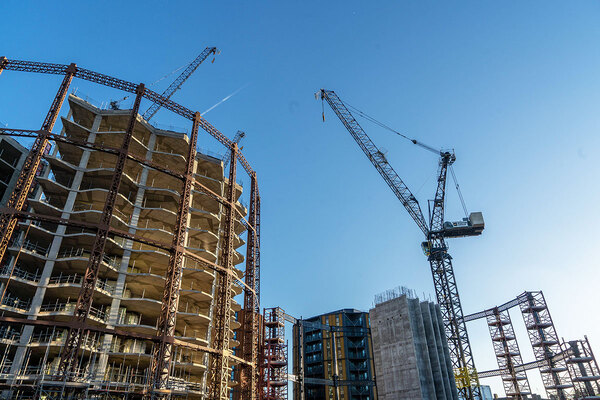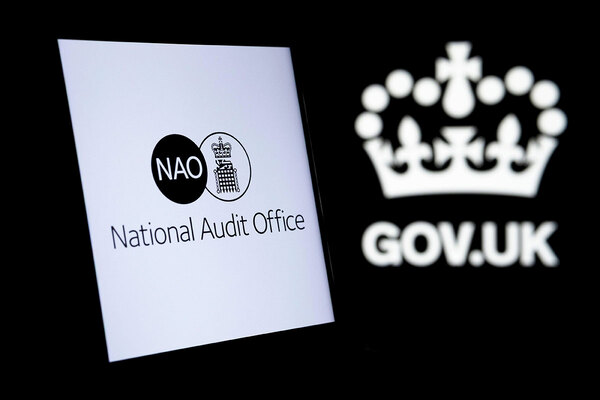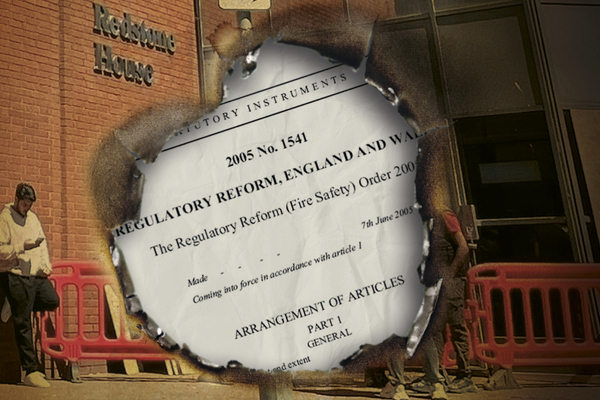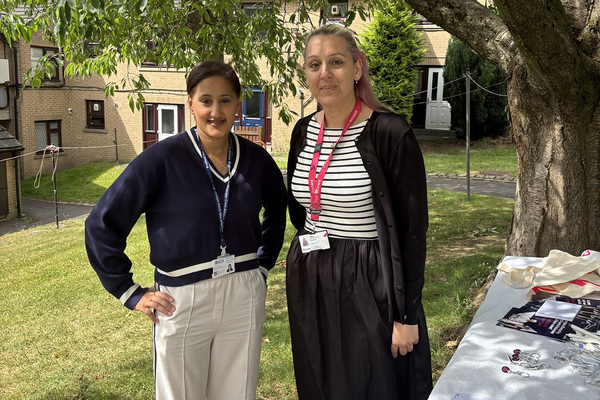You are viewing 1 of your 1 free articles
Study shows Black families less than half as likely to secure social housing
Black families experiencing homelessness are less than half as likely to get access to social housing, according to a major study on racism in England’s housing system.
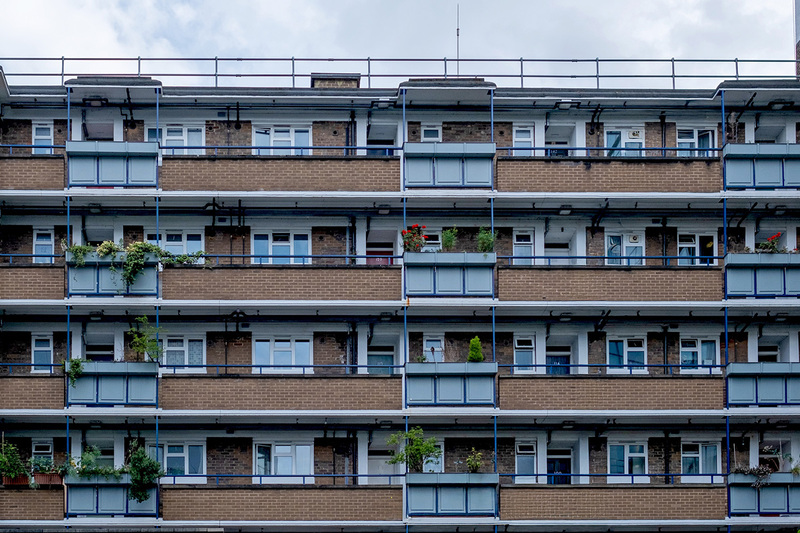
The report by the Institute for Social Policy, Housing, Equalities Research (I-SPHERE) at Heriot-Watt University has uncovered “systemic failures and racism” in housing and homelessness.
Researchers analysed 750,000 household records covering three years from England’s official homelessness data. They found that 10% of Black families gained social housing through the statutory homelessness system, compared with 24% of white families.
This means Black families are less than half as likely to secure permanent housing as their white counterparts, the report said. Its findings have been described as a “wake-up call” by Matt Downie, chief executive of homelessness charity Crisis.
Black and minority ethnic people facing homelessness feel forced to change their names and accents and even cut their hair in an attempt to avoid discrimination, the report found.
“We’re talking not only about poor housing outcomes here, but also in some cases about people feeling forced to deny their own identity to access basic services,” said Professor Suzanne Fitzpatrick, author of the report and director of I-SPHERE.
The research revealed systematic disadvantage throughout the homelessness process, with Black families six times more likely to live in overcrowded conditions than white households.
Pakistani and Bangladeshi households face the highest overcrowding rates at over seven times the white average.
Meanwhile, 41% of Black families leave the statutory system to unknown destinations, compared with 28% for white families
Professor Fitzpatrick said: “The evidence is stark – Black people are almost four times more likely to become homeless, and when they do access the statutory system, they face dramatically worse outcomes.
“We have quantitative evidence that their outcomes are worryingly poor and qualitative evidence that they face racial discrimination. This is a system that’s supposed to help people in crisis, yet we’re hearing accounts of callous, uncaring and unresponsive services.”
Matthew Johnson, chief executive of Race on the Agenda, said: “The disparities experienced by Black and global majority communities in the UK are deeply concerning.
“Systemic racism is a driving force behind housing inequality, and it must be explicitly acknowledged and addressed. We strongly support the implementation of the report’s recommendations and call for race to be placed on the housing agenda.”
Mr Downie said the report provides fresh evidence of racism in housing and support systems.
He added: “The findings are deeply concerning and must act as a wake-up call. No one should be denied a safe and stable home, and we all have a part to play in ending homelessness for everyone.”
The report has a number of recommendations, including calling on the government to use the forthcoming cross-departmental homelessness strategy to embed understanding and accountability at national, sub-regional and local level to address the disproportionate impact of homelessness on minority ethnic communities.
Consideration should also be given to whether discriminatory action by private landlords on grounds of race and ethnicity – which is already unlawful under the Equalities Act 2010 – can be more tightly regulated and challenged under the proposed ‘private rented sector landlord ombudsman’.
The government should consider devolving the provision of asylum accommodation to local authorities, with appropriate financial support.
Mushtaq Khan, chief executive at the Housing Diversity Network, said: “The results of this research are shocking but unsurprising, and highlight the structural and systemic barriers affecting people from Black and minority ethnic backgrounds in accessing and maintaining stable, affordable housing.
“The reduced access to social housing – including through policies which deprioritise applicants with complex or precarious status – is especially worrying. I would like to see the social housing sector adopt tenant selection transparency rules – requiring landlords to justify letting decisions and maintain audit trails.
“Also important are independent complaints and redress mechanisms, which are easily accessible and with real investigative power, otherwise we’ll be having the same conversation again in a few years.”
The government has been asked for a response.
Sign up for our daily newsletter
Already have an account? Click here to manage your newsletters
Latest stories

